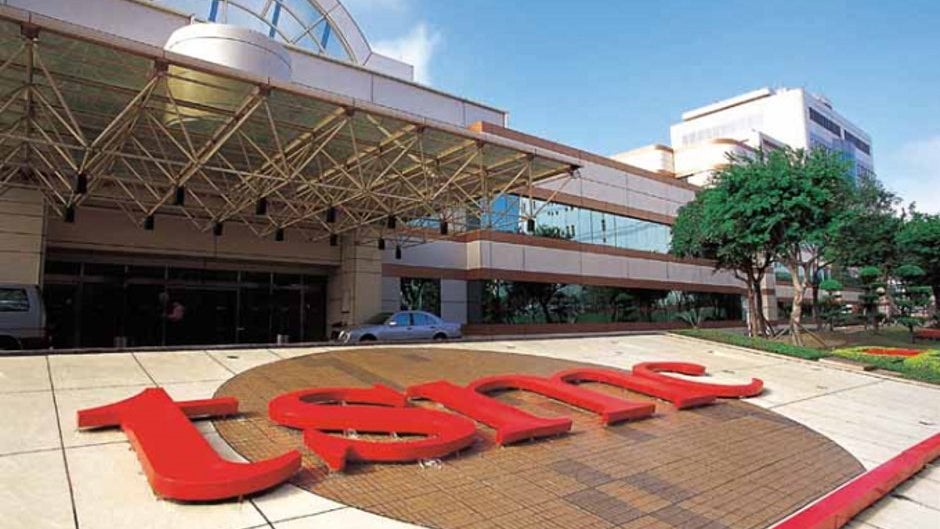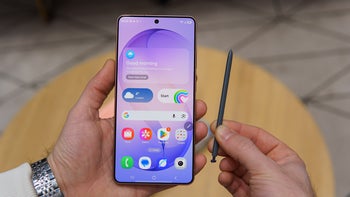News from Apple's chip manufacturer is good for the entire smartphone industry

Taiwan Semiconductor Manufacturing Company (TSMC) is the firm that turns chip designs from companies like Apple, Qualcomm, and Huawei into the actual components used inside smartphones. So when TSMC is the subject of good news, it's usually positive for the entire smartphone market. According to industry sources cited by Digitimes, the company is seeing orders pick up for chipsets produced using the most advanced technology currently possible. This is important because these chips are stuffed with more than a billion transistors.
TSMC is churning out 7nm CPU, GPU, and AI chips
Smartphone demand has been tepid as of late. High penetration rates for smartphones, lack of innovation and high prices are partly to blame. In addition, the upgrade cycle continues to grow longer, and there are economic issues in China and India; those are the top two markets in the world for connected handsets. And while the new foldable phones might give the industry a shot in the arm, that won't happen until the prices of these units come down to earth. The Samsung Galaxy Fold, due out on April 26th, is tagged at $1,980 in the states. Launching later this summer, the Huawei Mate X carries a price tag that is equivalent to $2,600. Both phones will use 7nm chipsets with Samsung's foldable powered by the Snapdragon 855, and Huawei's foldable sporting the Kirin 980 SoC.
Follow us on Google News














Things that are NOT allowed:
To help keep our community safe and free from spam, we apply temporary limits to newly created accounts: